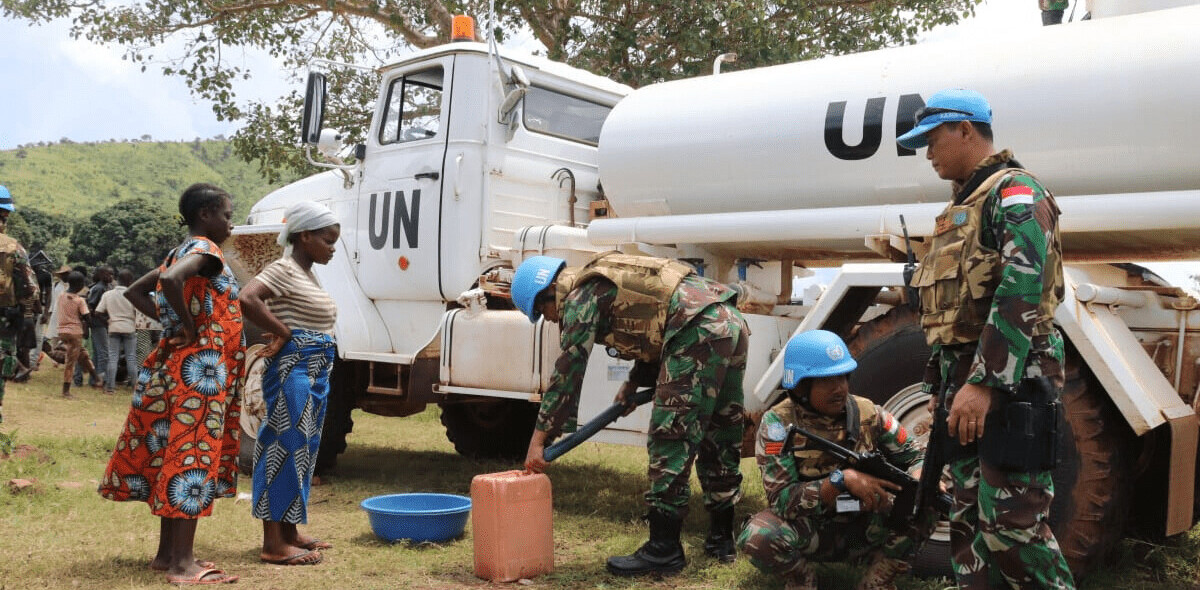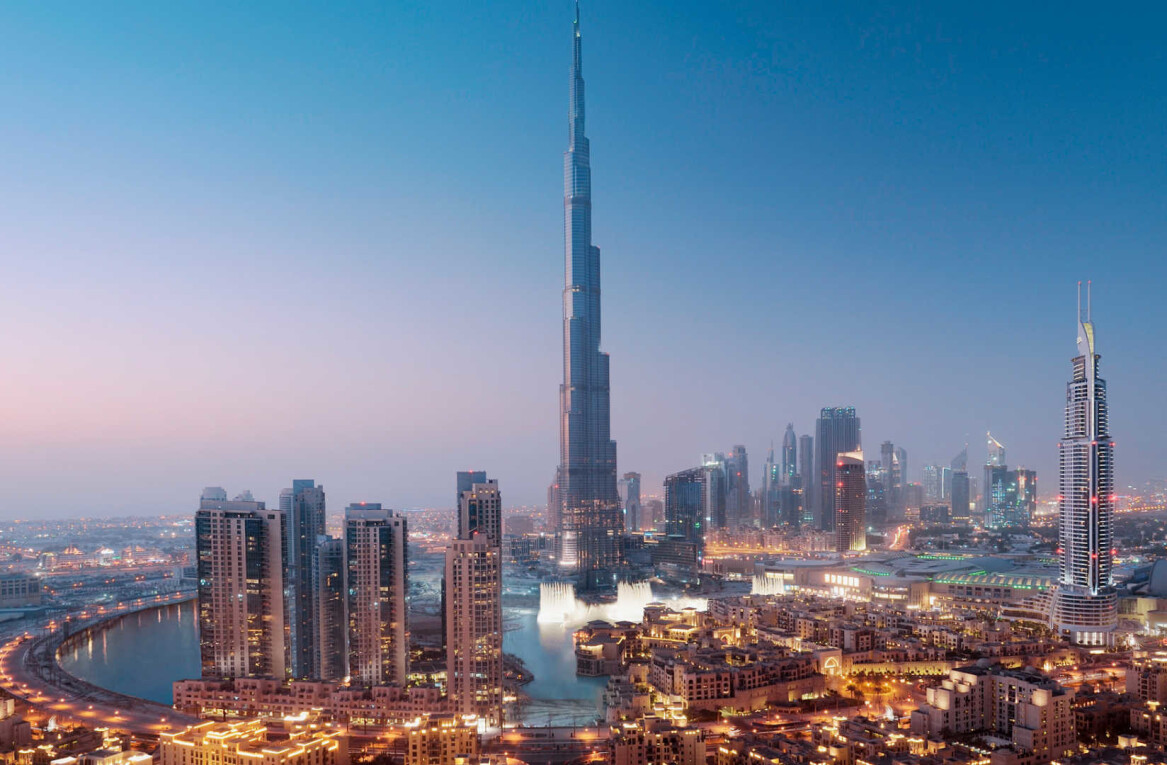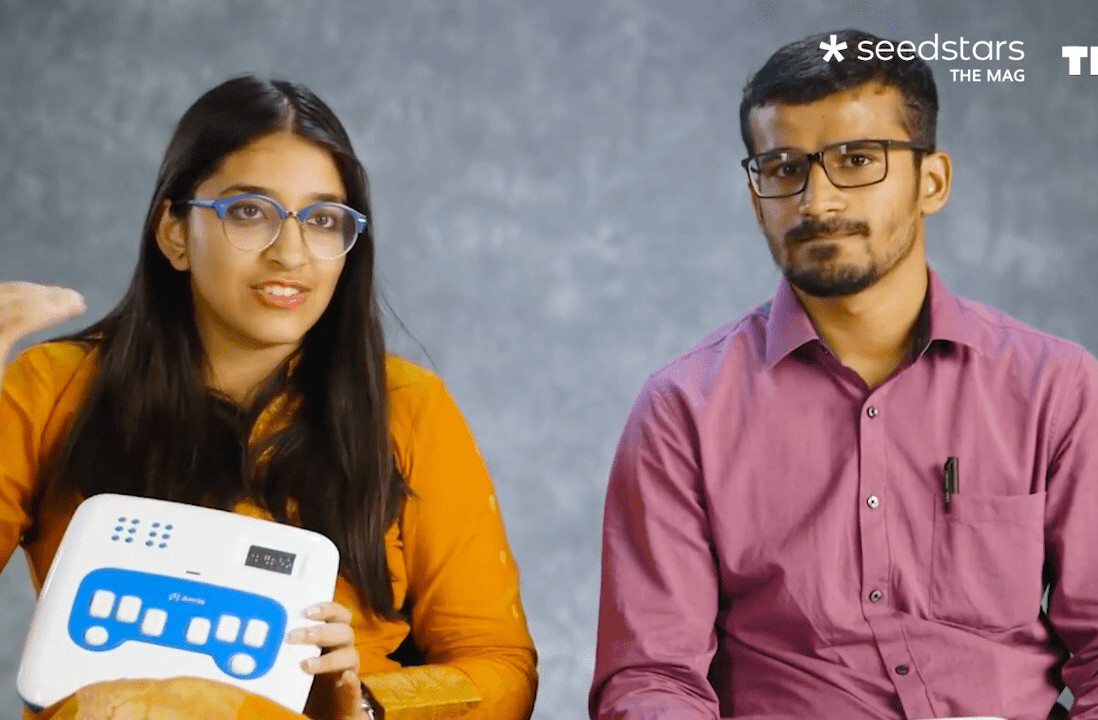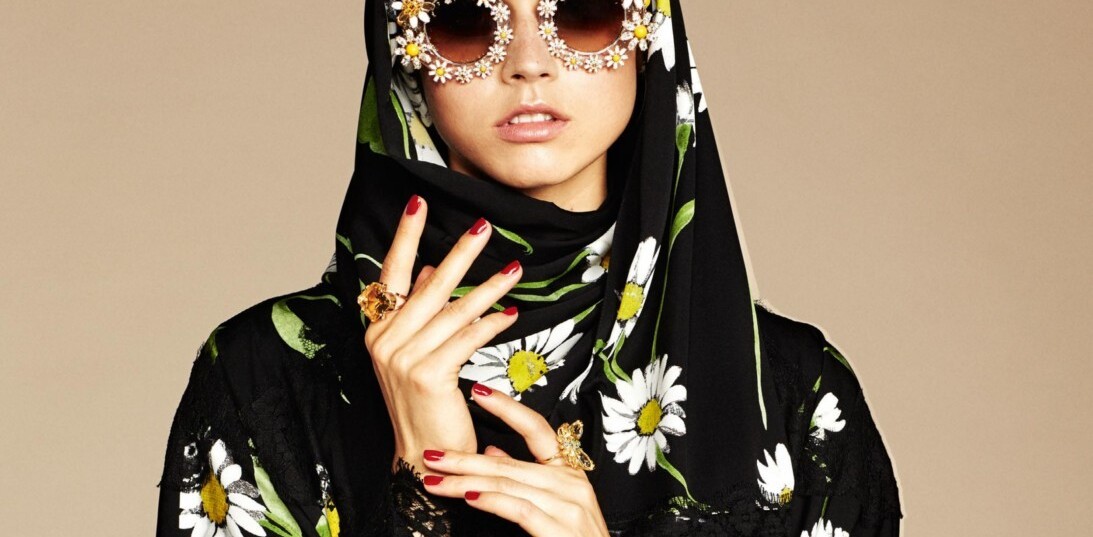
 Middle Easterns, Rejoice! If the Axis of Evil wasn’t enough, 4 of our countries have made it to the top 12 “Enemies of the Internet”.
Middle Easterns, Rejoice! If the Axis of Evil wasn’t enough, 4 of our countries have made it to the top 12 “Enemies of the Internet”.
The list, drawn up every year by Reporters Without Borders, presents the worst violators of freedom of expression on the Net. This year’s list includes: Saudi Arabia, Burma, China, North Korea, Cuba, Egypt, Iran, Uzbekistan, Syria, Tunisia, Turkmenistan, and Vietnam.
What’s with the four countries? Let’s take a look.
Saudi Arabia has an Internet penetration rate of about 38% and counting. However, it is still one of the most repressive countries with regard to the Internet. It’s an ISP cat-and-mouse game where the list of 400,000 blocked domains, IPs, keywords and top level domains just keeps on growing.
To make things worse, Saudi Internet cafes have been required to install hidden cameras, supply a list of customers and websites consulted, not permit the use of prepaid cards or of unauthorized Internet links by satellite, close at midnight and not admit minors.
In Syria, over 16.5% of the population uses the Internet. Although conditions for access have been facilitated, the content that’s actually accessible is a joke. Censorship is particularly targeting social networks and blog platforms in an effort to prevent dissidents
from getting organized and recruiting new members using the new media.
Access to Blogspot and Maktoob from Syria is blocked. YouTube has been blocked since August 2007 after videos were circulated denouncing the crackdown on the Kurd minority. Wikipedia’s Arabic version is blocked. Amazon and Skype are also inaccessible.
Iran applies one of the world’s strictest filtering policies, which have been tightened even more since June 2009. Censorship is done by combining URL blocking with keyword filtering. Among the keywords that have been blocked are the words “woman” in Farsi, “torture,” and “rape”!
Iran’s regime considers social networks to be instruments of the opposition. Facebook and Twitter, which relayed the calls for demonstrations, have been continuously blocked since June 2009. MySpace.com, Orkut.com, Flickr.com and YouTube.com have received the same treatment.
In Egypt, no filter is in place, but that’s because the government believes in opening up access to everything, while surveying it in order to catch all the culprits. In the name of the fight against terrorism, Facebook has been placed under surveillance, rather than blocked, so that activists can be observed or arrested. Authorities are monitoring their people’s emails and telephone calls without any court order.
The connection to WiFi access points in Egypt is not only fee-based, but also requires an email address to which the password and username have to be sent. Cell phone companies are required to obtain their customers’ personal data before selling them their services. In other words, anonymity is under siege. The same applies to Internet Cafes where everyone’s information is required before they are granted access.
I’m not sure a commentary is required. This, on its own, is yet another reason is why we bow our heads in shame and hope for a brighter tomorrow.
Full report is available here.
Get the TNW newsletter
Get the most important tech news in your inbox each week.





